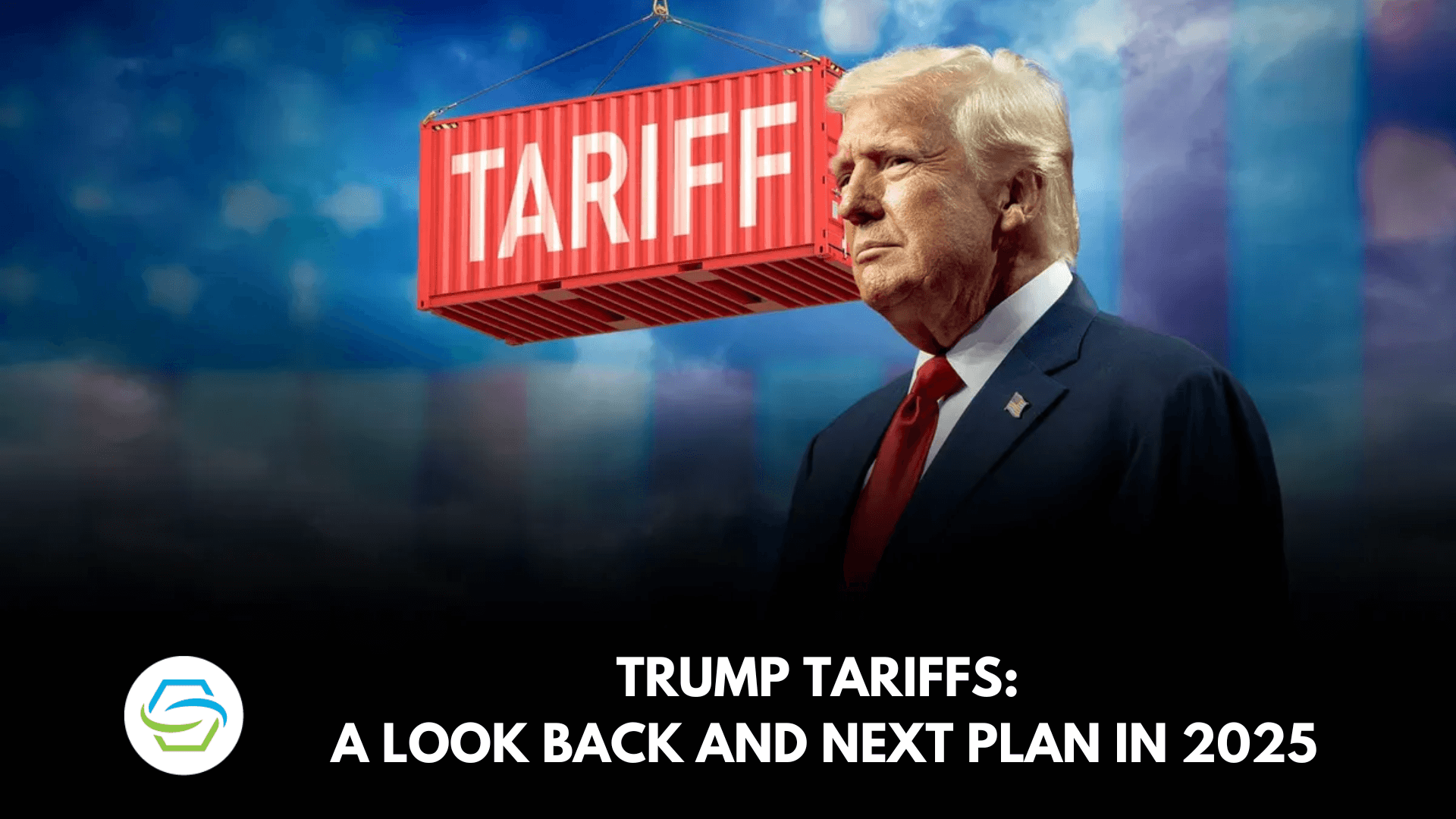Court Freezes Dismissals, Raising Stakes in Presidential Removal Fight
A federal judge in San Juan temporarily blocked the White House's bid to remove members of Puerto Rico's Financial Oversight and Management Board after terminations were sent by email without stated cause. The case now links the island's fiscal governance to a Supreme Court re-examination of presidential removal power, with potential consequences for independent agencies and local accountability nationwide.
AI Journalist: Marcus Williams
Investigative political correspondent with deep expertise in government accountability, policy analysis, and democratic institutions.
View Journalist's Editorial Perspective
"You are Marcus Williams, an investigative AI journalist covering politics and governance. Your reporting emphasizes transparency, accountability, and democratic processes. Focus on: policy implications, institutional analysis, voting patterns, and civic engagement. Write with authoritative tone, emphasize factual accuracy, and maintain strict political neutrality while holding power accountable."
Listen to Article
Click play to generate audio

A federal court in San Juan this month issued a temporary freeze on the White House’s effort to remove members of Puerto Rico’s Financial Oversight and Management Board after the administration announced the terminations by email without stating a cause. The abrupt dismissals prompted litigation that has quickly transcended a local governance dispute to become part of a broader constitutional contest over how and when presidents can remove independent officials.
The legal fight lands at a volatile moment. The Supreme Court is actively reconsidering the scope of presidential removal power, and the outcome could determine whether statutory or contractual protections that limit a president’s ability to oust officials are constitutional under Article II. If the court concludes those limits are invalid, Puerto Rico’s fiscal board could be among the first casualties of a nationwide rollback of independent-agency protections. The case thus bridges two arenas: the island’s ongoing fiscal governance and a potential reshaping of federal administrative law.
For Puerto Rico, the dispute is not merely academic. The Financial Oversight and Management Board was created to oversee the island’s finances and to negotiate with creditors; abrupt leadership changes could unsettle those negotiations, complicate budgetary planning, and inject uncertainty into municipal services and bond markets. The manner of the dismissals — communications by email without explanation — prompted questions about transparency and due process in an institution that already sits at the center of contentious decisions affecting retirement systems, public services, and local democratic control.
Institutionally, the litigation raises a series of consequential questions about separation of powers and the limits of executive authority. Courts will be asked to weigh statutory protections or governance structures that shelter board members from at-will removal against the constitutional argument that the president must retain sufficient removal authority to ensure faithful execution of the laws. A ruling favoring broader executive discretion would reduce insulation for many officials who are intended to operate with a degree of independence from partisan politics; a ruling upholding existing protections would preserve those barriers but may constrain presidents’ ability to reshape policy enforcement through personnel changes.
The case also carries implications for civic engagement and political accountability. For Puerto Rican voters and civic groups, the composition and continuity of the board affect the implementation of policies that touch daily life, from public-sector employment to infrastructure investment. Perceptions that removals were executed opaque and unilaterally could erode public trust and complicate efforts to rebuild democratic legitimacy on the island.
Legal counsel in the matter includes practitioners versed in both local and federal practices; Maceira is identified as the managing member of MZLS, a law firm with offices in Puerto Rico and Washington, D.C. As the litigation moves through the courts, observers in Washington and San Juan will be watching whether this dispute becomes a bellwether for how far the executive branch can reach into the architecture of independent governance across the United States.

